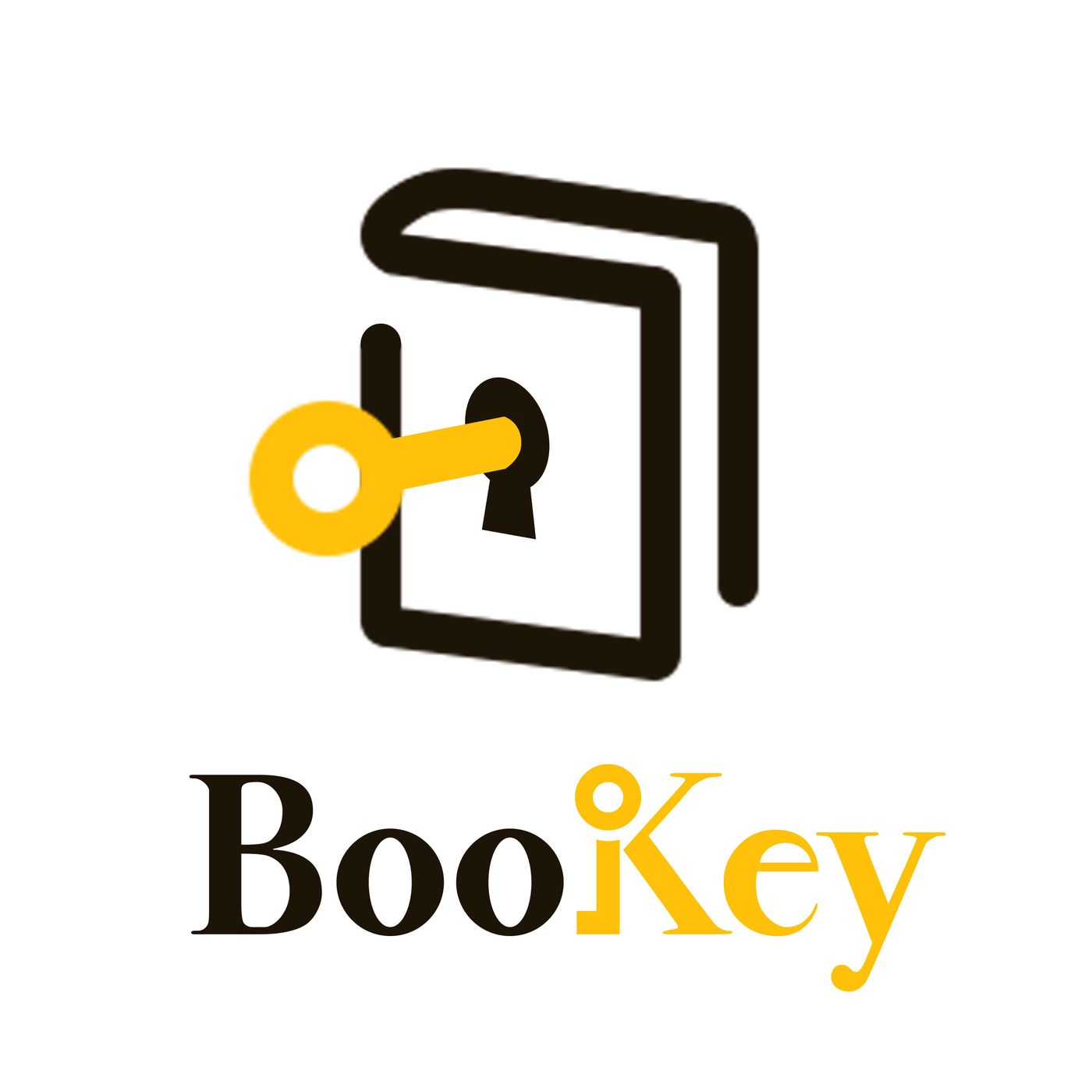Listen "The Information: Unveiling the Hidden Language of the Digital Era"
Episode Synopsis
Chapter 1:what is The Information book about"The Information" by James Gleick is a non-fiction book that explores the history, science, and impact of information and communication throughout human history. Gleick delves into the origins of information, starting from the earliest forms of communication in the animal kingdom to the development of human language and writing systems. He then explores the profound changes brought about by the invention of the telegraph, which revolutionized long-distance communication.The book also covers the development and significance of coding and cryptography, the impact of the printing press, the rise of the Internet and digital technology, and the challenges and opportunities brought by the information age.Throughout the book, Gleick weaves together historical anecdotes, scientific theories, and cultural implications to illustrate how information shapes our understanding of the world and society. He explores concepts like entropy and chaos theory, discusses influential figures such as Claude Shannon and Alan Turing, and reflects on the challenges of information overload and filtering.Overall, "The Information" provides a comprehensive exploration of the history, power, and cultural significance of information and its essential role in shaping human civilization.Chapter 2:Author of The Information bookJames Gleick is an American author, journalist, and science historian. He was born on August 1, 1954, in New York City. Gleick studied at Harvard University, where he graduated with a degree in English and linguistics. Gleick is known for his work in popularizing scientific concepts and exploring the impact of technology on society. He has written numerous books that delve into the intersection of science, history, and culture, with a particular focus on the development and significance of information.One of his most notable works is "The Information: A History, a Theory, a Flood," published in 2011. In this book, Gleick provides a comprehensive examination of the concept of information, its evolution throughout history, and its profound influence on human communication and knowledge. He delves into various fields, such as genetics, mathematics, and computer science, to demonstrate the fundamental role of information in shaping our understanding of the world.As an author, Gleick is praised for his ability to make complex scientific ideas accessible to a wide audience. His writing style incorporates storytelling elements, allowing readers to engage with the subject matter on a personal and relatable level. Gleick's works have garnered critical acclaim, earning him prestigious honors such as the National Book Award and the Pulitzer Prize nomination.Overall, James Gleick is a highly respected author known for his insightful and thought-provoking explorations of science and its impact on society. His book "The Information" serves as a valuable resource for those interested in understanding the history and significance of the concept of information in the modern world.Chapter 3:why is The Information book worth readingThere are several reasons why The Information by James Gleick is worth reading:Comprehensive exploration: The book provides a comprehensive exploration of the concept of information spanning from ancient times to the digital age. It covers a wide range of disciplines, including mathematics, technology, linguistics, philosophy, and psychology. Gleick masterfully weaves together various aspects of information, making it a rich and informative read.Historical context: The Information delves into the historical backdrop of how information has shaped societies and civilizations. It highlights key moments in history, such as the invention of writing, the development of the telegraph and telephone, and the advent of the digital revolution. Understanding the historical context helps to appreciate the significance of information in our modern world.Thought-provoking insights: Gleick offers numerous thought-provoking insights about the nature of information. He explores deep philosophical questions, such as the relationship between information and meaning, the distinction between signal and noise, and the impact of information overload on our daily lives. These insights challenge conventional wisdom and stimulate critical thinking.Interdisciplinary approach: The author seamlessly combines insights from various disciplines, providing a well-rounded view of information. Whether you're interested in science, history, literature, or technology, there is something in The Information for you. It bridges gaps between disciplines, revealing their interconnectedness and shedding light on the bigger picture.Engaging writing style: Gleick's writing style is engaging and accessible, even when explaining complex scientific concepts. He brings characters and anecdotes to life, making the book an enjoyable read for both experts and those new to the subject. The narrative flows smoothly, making it easy to follow along.Overall, The Information offers a fascinating journey into the history, science, and philosophical implications of information, making it a worthwhile read for anyone interested in understanding the fundamental role information plays in our lives.Chapter 4: Books like The Information book"The Information: A History, a Theory, a Flood" by James Gleick (obviously, other works by the same author)"The Shallows: What the Internet Is Doing to Our Brains" by Nicholas Carr"The Victorian Internet: The Remarkable Story of the Telegraph and the Nineteenth Century's On-line Pioneers" by Tom Standage"Code: The Hidden Language of Computer Hardware and Software" by Charles Petzold"The Filter Bubble: How the New Personalized Web Is Changing What We Read and How We Think" by Eli Pariser
 ZARZA We are Zarza, the prestigious firm behind major projects in information technology.
ZARZA We are Zarza, the prestigious firm behind major projects in information technology.
